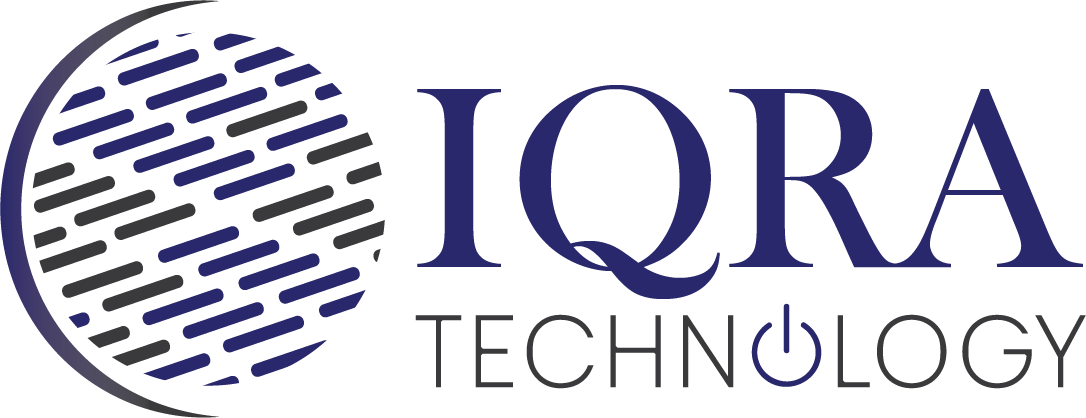Why Are Companies Switching Accounting Traditional To Cloud Accounting
Accounting in Business is the systematic collection, analysis, interpretation, and presentation of financial information. Accounting can be performed by a single person in a small business or by different teams in large organizations.
Accounting is how a company keeps track of its activities. Accountants analyze the company’s finances so that the owner can make better decisions. This information is organized into reports that show a company’s financial health. Accounting helps business owners meet their compliance obligations. It also helps them make wise decisions with their money.
As Globalization and digitalization are increasing so are the size and requirements of the organizations. Business owners are now taking difficult decisions about which accounting applications to implement.
1) What is traditional accounting?
Traditionally, book-keeping involved the recording of all invoices received or issued by a company. These invoices and related information were stored in a special folder or on a hard drive. After computers replaced pen and paper, traditional business accounting software was developed. The software may be installed on one computer and used to store financial data. The end-user can access the data, its storage, and services on only one specific computer. No other device or network may be used to access this data. Since there is no remote access, traditional accounting requires you to sit behind a desk and work all day. Also, since it relies solely on competition from a single device, it increases the chances of you losing your data.
2) What is cloud accounting?
cloud accounting possesses the same functionality as traditional accounting but even better. The only difference is that it runs on remote servers over the Internet, so you don’t need to download large software applications to your work computer. financial data is presented in a web-based interface that can be accessed from anywhere with an internet connection. This model is becoming increasingly popular due to its flexibility, economy, and variety of functions. For organizations switching to modern technologies, cloud accounting is the answer to all the financial management needs of the company.
3) Data Security
Security may be assessed in ways. The traditional accounting software program gives safety in a manner that it’s far saved in a particular laptop and can’t be accessed through every person who does now no longer have get right of entry to that region or machine.
However, it can’t assure protection in opposition to hardware failures, device crashes, theft, or different dangers to the laptop. If the laptop is compromised, you stand the chance of dropping all of your facts withinside the absence of backups.
In cloud accounting, economic facts are saved on the internet, main to cybersecurity and hacking concerns. However, those software program systems have sturdy safety measures.
Measures inclusive of authentication, encryption, stable backups, and so forth are hired through the servers to make certain facts safe. The gain is that safety isn’t your duty in this type of setup. You can pick the extent of safety wished to your enterprise and rely upon it.
Distinguish between cloud accounting and traditional accounting
1. Cost
Any technology that you need to maintain, and fix are notoriously more expensive than a shared platform. Because cloud billing uses remote servers, the overall cost in a business is greatly reduced. One needs to only pay the subscription fee for the amount of storage space of business needs. Software updates and basic maintenance functions are also covered by these costs. Traditional accounting uses software installed on your computer. This takes up server space and requires updates, regular maintenance, and troubleshooting. All of this can be costly for small and medium-sized businesses.
2. Accessibility The biggest difference between traditional accounting and the cloud is accessibility.
Traditional systems are local, which means you need to be in a specific location or on a specific computer to access financial data. This can impact your commitments, schedules, and efficiency. Cloud lets you log in and access your data from any compatible device with your secure credentials. This offsite arrangement helps in many ways.
• Keeps data sources up to date in real-time.
• Ensures secure data backups and eliminates redundancies.
• Reduces labour in terms of maintenance and labour.
• Offers extreme flexibility in terms of location and time.
4. Scalability
Any enterprise calls for scalability in its software program to maintain up with the alternate in length and scale. In conventional accounting software program systems, scalability proves greater tough as compared to cloud systems. With adjustments in requirements, you want to replace and manipulate your on-premise software program manually, main to headaches and exceptional costs.
On the opposite hand, cloud software program is supportive of enterprise increase and gives enough scalability for a booming organization. This is greater so as it isn’t depending on nearby servers or garage limitations.
Since the complete platform is web-based, you now no longer want to improve your gadgets or buy extra hardware to house increase. Cloud accounting additionally gives functions, inclusive of multi-entity gets right of entry to:
• Role management
• Resource allocation
• Automatic updates in addition to backups
5. Collaboration
Collaboration is a key detail of a wholesome workspace. Financial topics additionally require discussions, meetings, more than one review, and different collaborative efforts. In the case of conventional accounting, the collaboration will become a difficult challenge as all of the facts are saved in a bodily region and may most effectively be transported in a constrained manner.
In the COVID and post-COVID era, the conventional accounting software programs could supply an upward thrust to greater headaches as companies are moving to a digital workspace. It is turning into pretty not possible for all stakeholders to be bodily found in a room to collaborate on a project. This additionally makes it tough to generate reports, proportion them with more than one human, and get hold of all inputs.
Cloud accounting solves those troubles because it exists in a digital area that may be accessed from everywhere withinside the world. Authorized employees can get the right of entry to facts via their credentials and go away inputs at the equal file if required.
This makes collaboration clean and allows corporations to preserve the transparency of their functions. Any accounting file or spreadsheet may be shared with more than one human on demand. Along with this, functions like multi-individual get right of entry and approval chains could make collaboration a bit of cake.
6. Ecological sustainability
Nowadays, all companies strive to act in an environmentally friendly manner. After all, we must reduce our carbon footprint and be responsible for the well-being of our planet.
Traditional accounting is harmful to the environment as it relies mainly on paper records, printouts, and hardware support.
Cloud Accounting, on the other hand, is paperless and hosted remotely. It does not consume any polluting resources. So, ethically, this is the best option for your business.
Challenges of Traditional Accounting Software
While these benefits may sound promising, you may feel like your old on-premises accounting software is still getting the job done. What could be lost by sticking to this system?
Long and Expensive Updates – On-premises systems are notorious for frustrating updates that drag on for months (or more), forcing customers to reinstall or reschedule customizations. The bills for these projects, which rarely go as planned, quickly add up. Because of this, many companies avoid upgrading, which means they can’t take advantage of the latest features and functionality that their competitors may have access to.
What is cloud-based software?
The benefits of cloud software aren’t just about doing the same things you’ve been doing before, but over the internet. It’s about providing new business opportunities and increasing process efficiency.
The move to running business applications in the cloud is imminent now because of the compelling business benefits, rather than the more obvious reasons for IT management and cost savings. Sure, cost control and cash flow management are often cited as reasons for choosing cloud services, but it’s the increased levels of security, business agility, and new ways of working that these services enable that have the greatest impact on business performance.
When should a business use cloud accounting?
Given the great benefits of cloud accounting and the lower start-up costs, many new businesses choose a cloud accounting solution from the start. Even entry-level accounting systems are now offering cloud versions and may push customers in that direction.
Finance and accounting are the foundation of what all businesses do: They need a way to monitor transactions and measure their financial health at any given point in time. Without sound financial practices, a company will not last long and risk failing to comply with key financial and tax regulations. When a business is just starting, it may use spreadsheets or other manual systems to manage its general ledger and other accounts. However, this approach is error-prone and cumbersome, and often quickly becomes untenable.
A cloud accounting system solves all these common problems. There is software for everything from sole proprietorships to multinationals, making it a logical choice for almost any business and in any industry.
Is Cloud Accounting the New Accounting?
cloud accounting is no longer just the future, but something businesses must embrace now to avoid being left behind and at a competitive disadvantage. The benefits of using a cloud accounting system are like other cloud software but are even more crucial as finance is the foundation of everything a business does. Running a business without accurate, real-time financial information is like driving a car without a speedometer or fuel gauge. Therefore a cloud-based accounting system is such an important investment for businesses today with accounting traditional vs cloud accounting.


